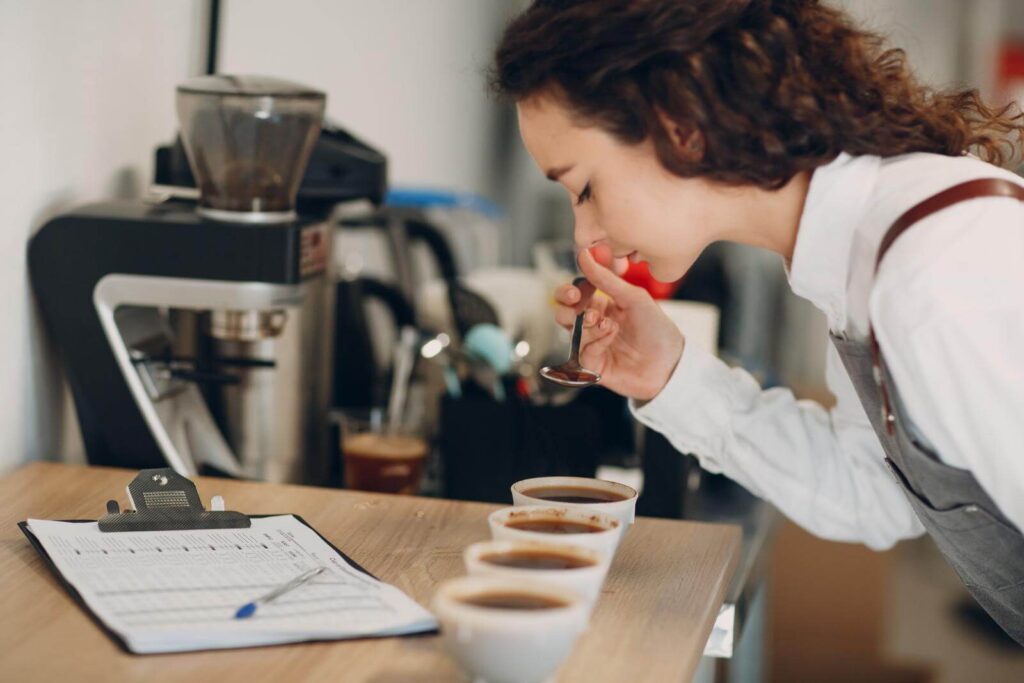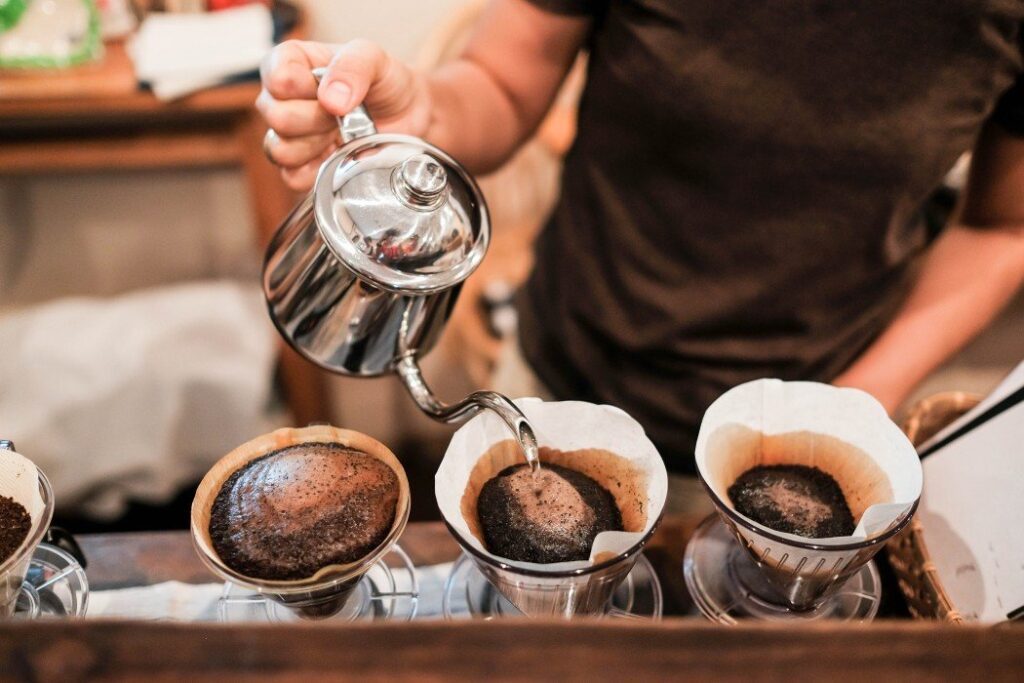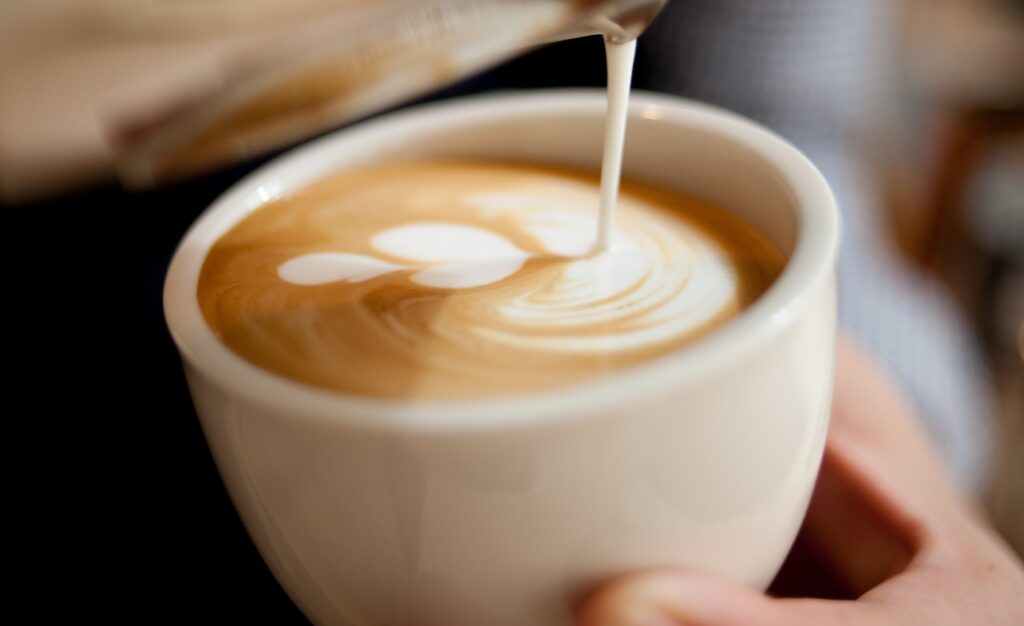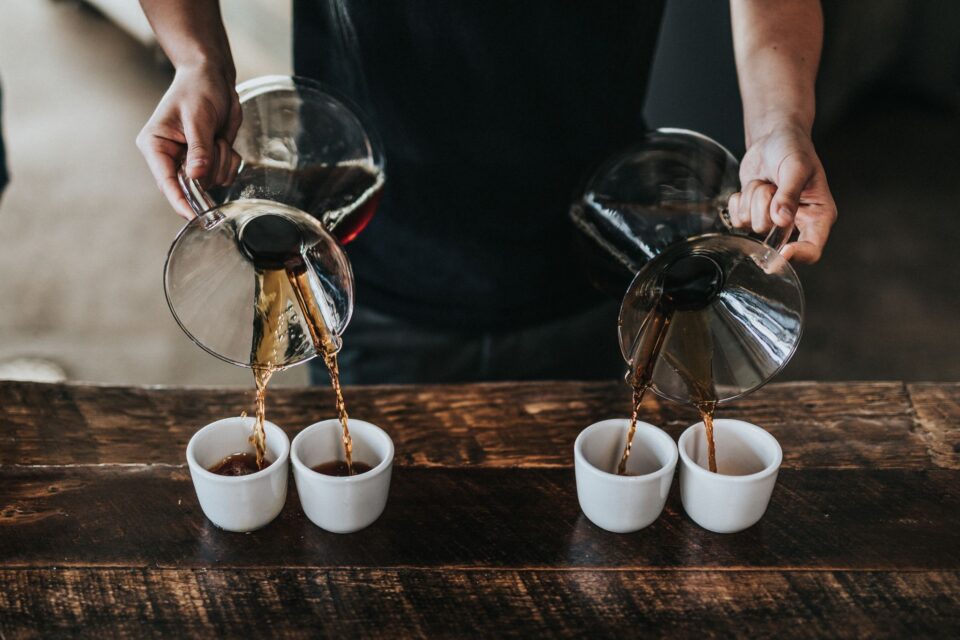Specialty coffee is more than just a hot drink – it’s an experience. From the moment the beans are carefully selected, to their roasting and brewing, every step of specialty coffee production requires time, precision, and knowledge. For those who appreciate the craftsmanship behind this process, exploring all that specialty coffee offers can be an enriching journey.
By understanding where your perfect cup of java comes from and appreciating its nuances through tasting and experimenting with brewing methods, you will better appreciate this beloved beverage. In this article, we’ll delve deeper into the mysterious world of specialty coffee so you can understand why it’s unlike any other type.
Introducing Specialty Coffee – Definition and Differences from Regular Coffee
Specialty coffee is the highest quality coffee carefully sourced, roasted, and brewed to bring out unique and complex flavors. Unlike regular coffee, which is often mass-produced for convenience and consistency, specialty coffee offers a distinctive taste experience that is truly exceptional. To fully appreciate the nuances of specialty coffee, it is vital to sample different varieties and learn about their origins and brewing methods.
One way to do this is through a subscription coffee box, which delivers a selection of carefully curated beans straight to your doorstep each month. This service allows you to explore the wonderful world of specialty coffee and discover new flavors and aromas you never knew existed.

How Does Specialty Coffee Get from the Bean to the Cup?
The process of transforming coffee beans into the perfect cup of joe is intricate. After the beans are selected and sourced from their country of origin, they are roasted in a controlled environment to bring out the rich flavors and aromas. The roasting process plays a crucial role in determining the taste of your beverage, as it can alter flavor intensity and complexity.
Once roasted, specialty coffee beans need to be ground for optimal extraction during brewing. Specialty coffee shops often use burr grinders that produce uniform-sized particles for maximum flavor extraction when making espresso or pour-over coffees. At the same time, home brewers may opt for blade grinders which are more affordable but not as precise.
Finally, all that’s left is to brew and enjoy the coffee. Depending on your preference, you can use different methods, such as espresso, pour-over, French press, or cold brew. By trying different brewing techniques and experimenting with recipes, you can explore the full spectrum of specialty coffee flavors and appreciate their complexity.
Types of Beans Used in Specialty Coffee vs. Regular Coffee
When it comes to specialty coffee, not all beans are created equal. The best beans are carefully selected and sourced from the finest coffee farms worldwide. From light-bodied Arabica to full-bodied Robusta, each type of bean has its unique flavor profile that can be further enhanced through roasting and brewing.
In contrast, regular coffee is typically made with lower-quality beans that must be adequately evaluated or graded. This results in a more generic taste experience without any complexity or depth. With specialty coffee, however, you can enjoy a range of flavors such as nutty, chocolatey, fruity, floral, and more – all depending on the bean variety and origin.
The Art of Roasting and Grinding for Optimal Flavor
After the beans are sourced, they must be roasted to bring out their unique flavor characteristics. Depending on the desired flavor profile, different roasting methods can be used. Light roast coffees will have a brighter, more acidic taste, while dark roast coffees tend to be richer and more intense in flavor.
The next step is grinding the beans for optimal extraction during brewing. Specialty coffee shops often use burr grinders that produce uniform-sized particles for maximum flavor extraction when making espresso or pour-over coffees. At the same time, home brewers may opt for blade grinders that are less precise but still effective. Grinding your beans also ensures that you get the freshest cup of coffee possible and can indulge in specialty coffee’s complex flavors and aromas.

Brewing Techniques for an Ideal Cup of Specialty Coffee
The brewing process is just as important as sourcing and roasting – not more so. Different methods can extract their flavors, each producing a unique cup of coffee. For example, espresso will yield a thick, intense crema, while pour-over coffees are known for their clarity and complexity in flavor.
Experimenting with different brewing techniques and recipes can help you explore the full spectrum of specialty coffee flavors and appreciate their complexity. With many variables such as water temperature, grind size, dose amount, and brew time to consider, there’s no one-size-fits-all approach to crafting the perfect cup. But with the proper guidance and some practice, you can become a master of specialty coffee in no time.
Serving Suggestions – From Latte to Espresso, Finding the Right Balance for Every Taste
Just as the beans and brewing process can affect the flavor of specialty coffee, so too can how you serve it. For, espresso should be served with just a small of water or milk, while pour-over coffees are often served in larger cups to allow the full range of flavors to shine through. A latte is usually served with steamed milk for those who prefer a creamier cup.

You’ll eventually find what works best for your taste buds by experimenting with different recipes and serving suggestions. Whether it is a light-bodied Arabica or dark chocolatey Robusta – finding the perfect balance between strength and sweetness can take time but is ultimately worth it. With enough practice, you’ll soon be able to craft the ideal cup of specialty coffee every time.

